Kawasaki: A Guide To Japan’s Art-Filled Industrial City
Getting Out Of Tokyo For The Day
Want to see what lies outside of Tokyo, but don’t have much time to travel? Head to Kawasaki!
Less than thirty minutes away from Shibuya by train is Kawasaki, Kanagawa prefecture. Kawasaki has had a bad reputation in the past for being a rough, blue-collar area, but it is an incredible sightseeing area filled with history, culture, and some of the most unique art spots in the Kanto area.
History And Background
Historically speaking, Kawasaki has long been a suburb and lodging town for Tokyo, as it’s located on the Tokaido, the historical highway that connected Tokyo and Kyoto. During the 17th century, it was one of the main rest areas for weary travelers and, according to some historians, a “must-see travel spot” of the time. If you want to learn more about the history of the area and get to dress up like an Edo-era citizen, head to Tokaido Kawasaki Shuku Koryukan (東海道かわさき宿交流館), a multi-story museum and learning center that tells the history of the area, what life was like then, and so much more.
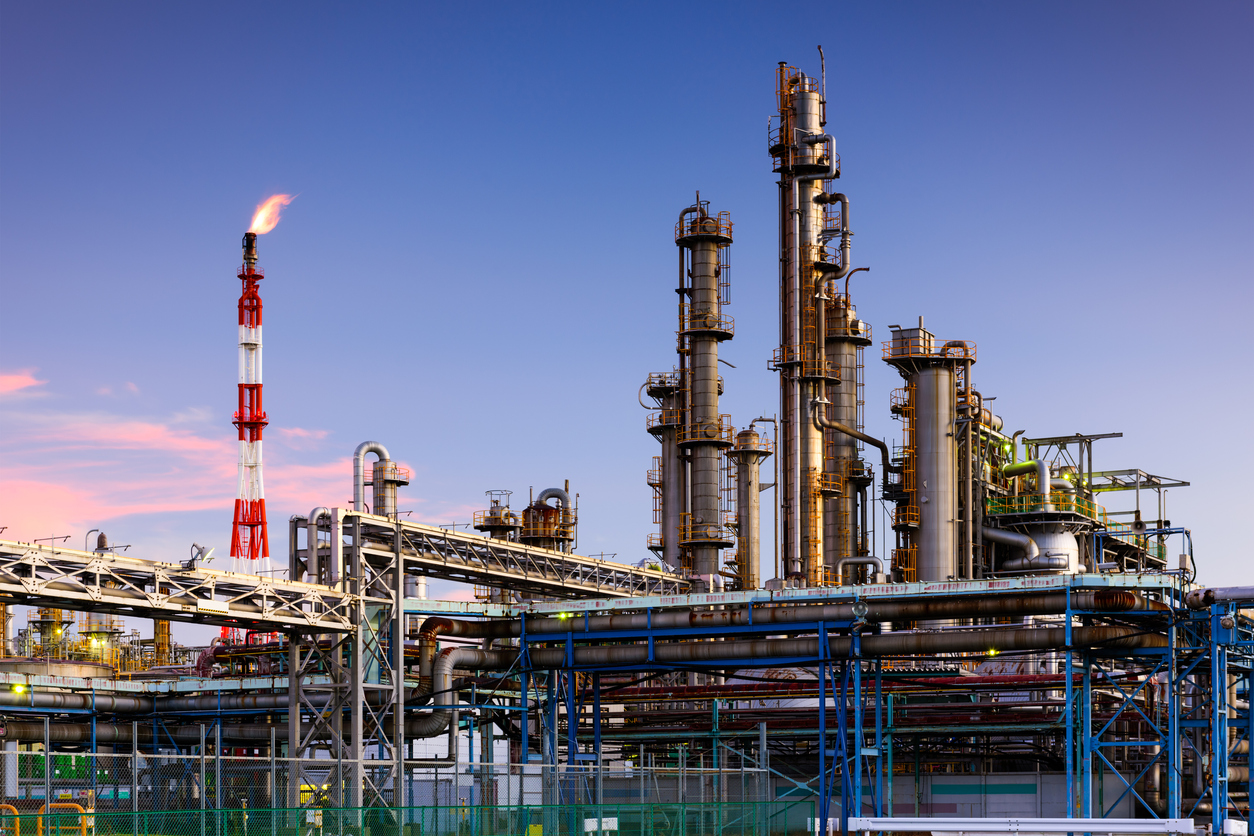
Oil refineries in Kawasaki, Kanagawa.
Incorporated as its own city in 1924, and with a present-day population of just over 1.5 million people, Kawasaki is a popular suburb for those commuting to the Tokyo area. During World War II it was heavily bombed because of its port and industrial sites, but in the post-war period a lot of the port land was reclaimed and industry soon returned and exceeded pre-war levels there. Major international corporations such as Fuji Electric, Hitachi, Nippon Steel, and Ajinomoto still have their main factories and offices here to this day. From the post-war period into the Bubble, these factories and Kawasaki’s blue-collar image (like the yanki ヤンキー or the blonde ruffians from anime and manga of the era) lead many to think the era was too rough and tumble for Tokyoites, but nowadays, these same features have made Kawasaki an exciting, alternative tourist destination.
- Tokaido Kawasaki Shuku Koryukan: 1-8-4 Honcho, Kawasaki, Kawasaki, Kanagawa
What To Do And Where To Go
There are three main areas in Kawasaki that are must-sees, but which one you visit depends on your interests. If you want to see Japanese Buddhism, or an annual festival dedicated to safe childbirth and sexual safety, then you’ll be heading to Kawasaki Daishi Station. For the modern lights and sights, Kawasaki Station itself, and for art and history, Mukougaoka-Yuen Station.
Around Kawasaki Daishi Station
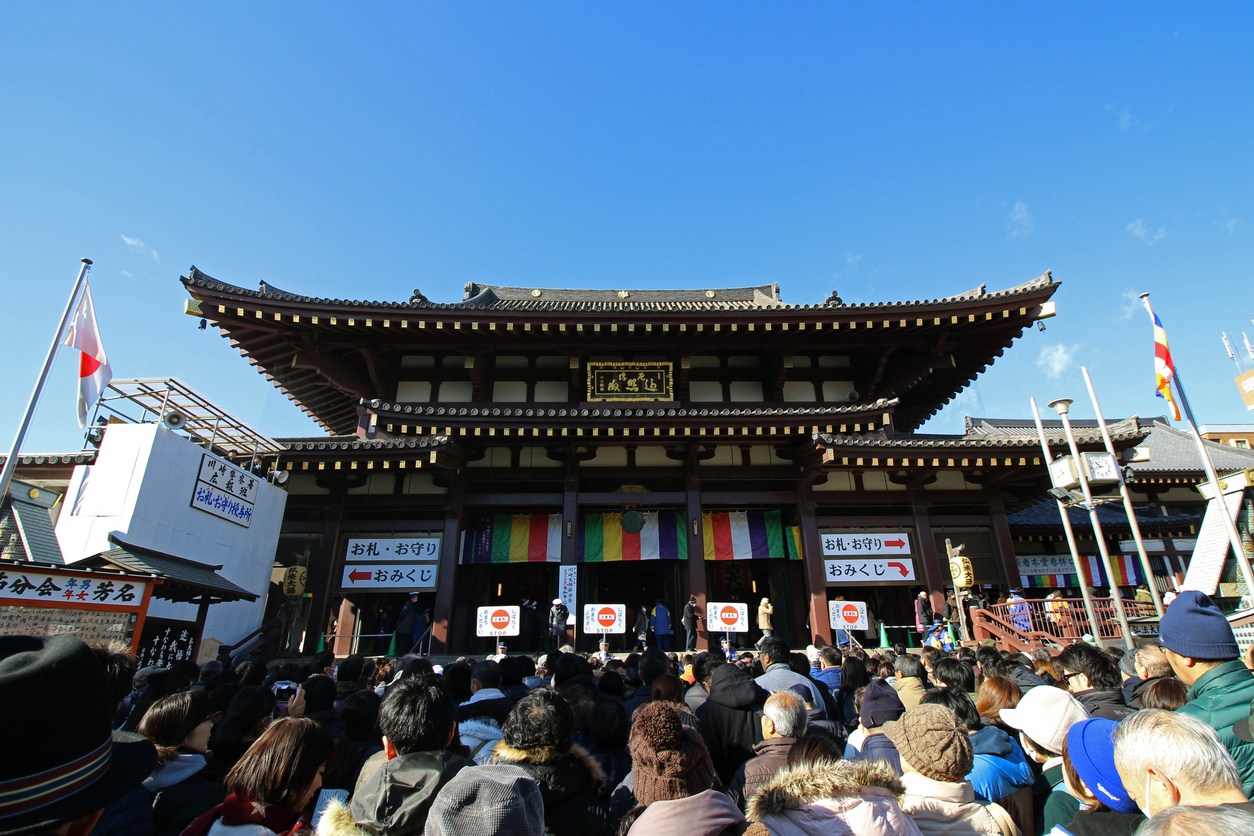
Three million people come to visit Kawasaki Daishi Temple during the New Year.
Kawasaki Daishi Station (川崎大師駅) is where you’ll find Kawasaki Daishi Temple (川崎大師). Built in 1128, this temple was dedicated to the monk Kukai Kobo Daishi, who first spread Buddhism in Japan in the 800s. Kawasaki Daishi is famed for its ability to prevent disaster and ward off evil. In the summer, they host a wind chime festival, where visitors can buy wind chimes handcrafted by artists from all across Japan, while at New Year’s, over three million people come to pray for safety and good fortune in the year to come. The road to this temple has several small shops selling everything from Japanese sweets to daruma statues, and traditional goods of all kinds.
- Kawasaki Daishi Temple: 4-48 Daishimachi, Kawasaki, Kawasaki, Kanagawa
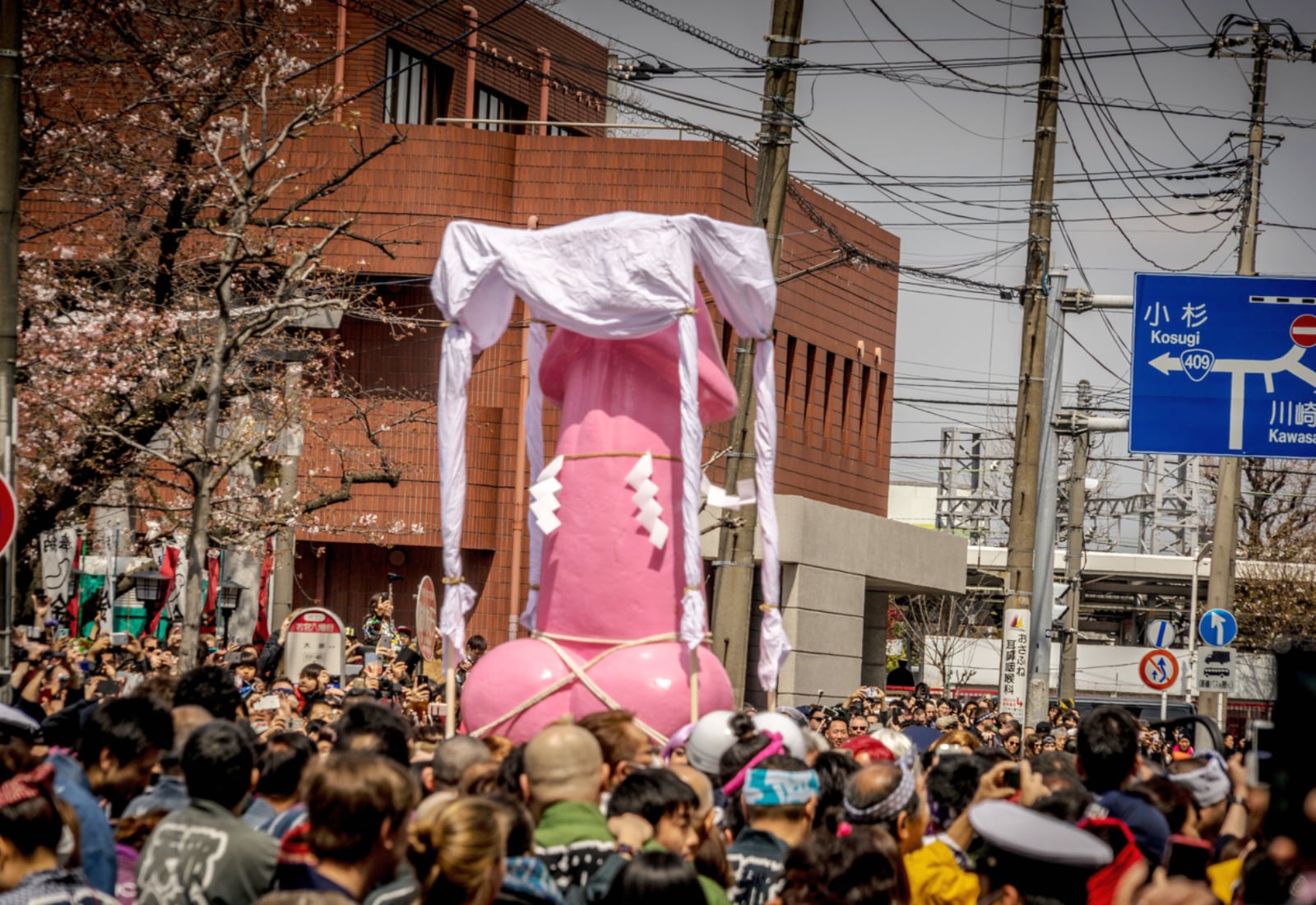
Phallis mikoshi during the Kanamara Matsuri aka the Penis Festival.
Located across from Kawasaki Daishi Station is Kanayama Shrine (金山神社). During the rest of the year, this shrine is fairly quiet and unsuspecting, but come the first Sunday in April, this area becomes packed with people looking for blessings of fertility, safe childbirth, good marital relationships, and prosperity in business. It’s also famously known as “the Penis Festival” overseas. In recent years, the Kanamara Matsuri has also become one of the biggest LGBT+ events on the social calendar as well.
- Kanayama Shrine: 2-13-16 Daishi Ekimae, Kawasaki, Kawasaki, Kanagawa
Around Kawasaki Station
Kawasaki Station (川崎駅) itself is full of shops, restaurants, and so much more, but there are a few places and events that no one should miss.
View this post on Instagram
Anata no Warehouse Kawasaki is a five-story arcade and game center designed to look exactly like Kowloon Walled City, which was once the slums of Hong Kong. Please note, this game center is a date spot, and is only for those aged 18 and over. If you are interested in crane games, classic arcade games, karaoke, or a net cafe, then this is the place for you.
- Anata no Warehouse Kawasaki: 3-7 Nisshincho, Kawasaki, Kawasaki, Kanagawa
If you’d like to try a different sort of night date, then taking in the industrial history of Kawasaki via a Factory Night View tour might be for you. These are bus and boat tours that offer these colorful alternative views, including some that are not normally open to the public. One must-see spot is the Nemoto Shipyard, which also provides amazing views of the surrounding factory areas.
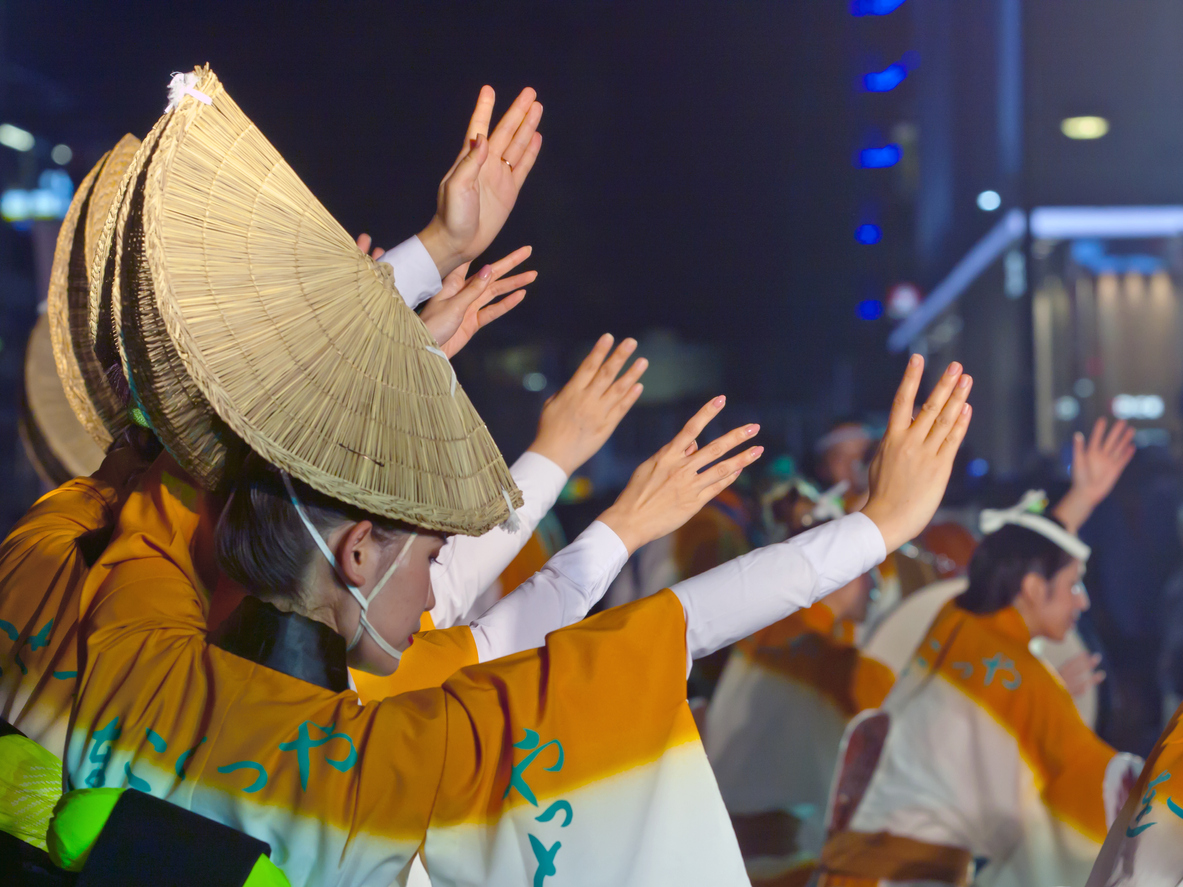
Dancers perform during the Kawasaki Awa-Odori Dance Festival in October.
Those visiting Kawasaki in October should not miss the Awa-Odori. Taking place on October 12 this year, the streets of Kawasaki are taken over by hundreds of dancers in colorful costumes, and the sounds of drums and flutes playing traditional Japanese music. It is a must-see for those wanting to experience a high-energy, one-of-a-kind event.
Around Mukougaoka-Yuen Station
Part of Kawasaki ward, but located about 35 minutes from Kawasaki Station by train, Mukougaoka-Yuen Station (向ヶ丘遊園駅) might seem like a sleepy bedroom town, but it’s home to must-see art, culture, and history spots that those with varied interests will love.
View this post on Instagram
First is Ikuta Ryokuchi Park (生田緑地), a nature spot filled with stunning seasonal flowers (cherry blossoms, roses, and irises being the main ones), a historical burial ground, and an observatory on the top of Mt. Masugata. Within this park are several facilities that will keep you busy all day long, but the following three are the most exciting if you’re on a day out.
- Ikuta Ryokuchi Park: 7-1-4 Masugata, Tama, Kawasaki, Kanagawa
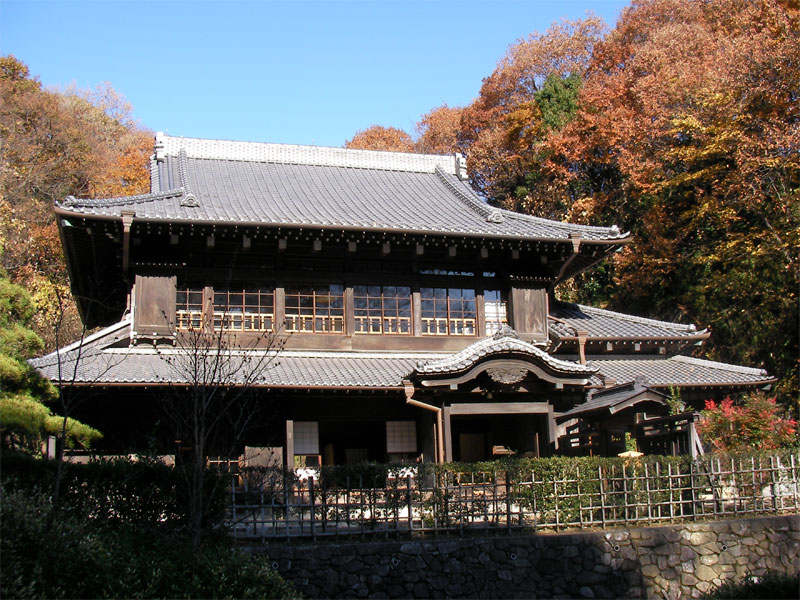
The Hara House. Photo from Nihon Minka-en official website.
Nihon Minka-en (日本民家園, The Japan Open-Air Folk House Museum) is an open-air museum built in 1967 to showcase different examples of traditional private homes from across Japan—some of which were built 200-300 years ago. Each structure is a designated cultural property, and most of them are open to the public.
- Nihon Minka-en (The Japan Open-Air Folk House Museum): 7-7-1 Masugata, Tama, Kawasaki, Kanagawa
View this post on Instagram
Kawasaki Sora To Midori No Kagaku Kan (かわさき宙と緑の科学館, Kawasaki Municipal Science Museum) is a science museum famous for its planetarium, but also offers natural science studies, and special experiments as well. Here you’ll find fossils of ancient creatures found in Kawasaki too.
- Kawasaki Sora To Midori No Kagaku Kan (Kawasaki Municipal Science Museum): 7-1-2 Masugata, Tama, Kawasaki, Kanagawa
View this post on Instagram
The final facility within Ikuta Ryokuchi Park that is highly recommended is the Taro Okamoto Museum of Art (岡本太郎美術館). Born in Kawasaki, Kanagawa, Taro Okamoto was an internationally known avant-garde artist who is best known for the statue the Tower of the Sun, located in Osaka’s Expo Commemoration Park, and the Myth of Tomorrow, a towering mural found in Shibuya’s Mark City, near the Inokashira Line.
- Taro Okamoto Museum of Art: 7-1-5 Masugata, Tama, Kawasaki, Kanagawa
View this post on Instagram
Outside of Ikuta Ryokuchi Park but still in Mukougaoka-Yuen Station, is the Fujiko F. Fujio Museum. Fans of Japanese anime and manga are sure to have heard of Doraemon before. This museum pays homage to Fujiko F. Fujio’s vast library of work and includes indoor and outdoor exhibits, a cafe, and limited edition goods that can only be found here. Please note though, that tickets to this museum must be purchased in advance at convenience stores like Lawson from their ticket machines.
- Fujiko F. Fujio Museum: 2-8-1 Nagao, Tama, Kawasaki, Kanagawa
Where To Shop
View this post on Instagram
Kawasaki Station is surrounded by shopping centers, so you can find practically anything you’re looking for here.
The biggest mall in the area is Lazona Kawasaki, which is connected to the station itself. There are over 300 shops here, including MUJI and Uniqlo, international brands like Tommy Hilfiger and Zara, and more.
Also connected to JR Kawasaki Station is Atre Kawasaki, a shopping center focused more on women’s fashion, general stores, international boutiques and cosmetics shops like LUSH and Plaza, and many cozy little restaurants.
- Lazona Kawasaki: 72-1 Horikawacho, Saiwai, Kawasaki, Kanagawa
- Atre Kawasaki: 26-1 Ekimae Honcho, Kawasaki, Kawasaki, Kanagawa
Azalea is the underground mall immediately connected to JR Kawasaki Station’s east exit and has a little bit of everything. Divided into three areas, Delichika (delis and boutique food stores), Gourmesse (restaurants and cafes), and Lifegrand (fashions, daily goods, services) this mall itself can be an entire day experience and is a great date spot on rainy days.
- Azalea Kawasaki: 26-2 Ekimae Honcho, Kawasaki, Kawasaki, Kanagawa
View this post on Instagram
Five minutes from the station stands La Cittadella, a large shopping, cinema, and event complex where you can take in concerts, cultural events, and shop ‘til you drop. There are also scores of restaurants and cafes to choose from as well. It’s also home to a popular wedding venue too, and some couples visit it every year on their wedding anniversary as well.
View this post on Instagram
La Cittadella is also the headquarters of Kawasaki’s annual Halloween events. The Kawasaki Halloween Parade and celebration is a month-long event wherein costume contests, parades, events for kids and all manner of spooky celebrations take place. 2019 marks their 23rd anniversary, and teasers are already being posted online about what visitors can expect this year.
- La Cittadella Kawasaki: 4-1 Ogawacho, Kawasaki Ward, Kawasaki, Kanagawa
Where To Eat
There are literally hundreds of restaurants, izakayas, and cafes to choose from in and around the Kawasaki station area. There are of course scores of franchise locations for places like Sweets Paradise, Genki Sushi, and so on, and each of the shopping malls has plenty of dining spots too.
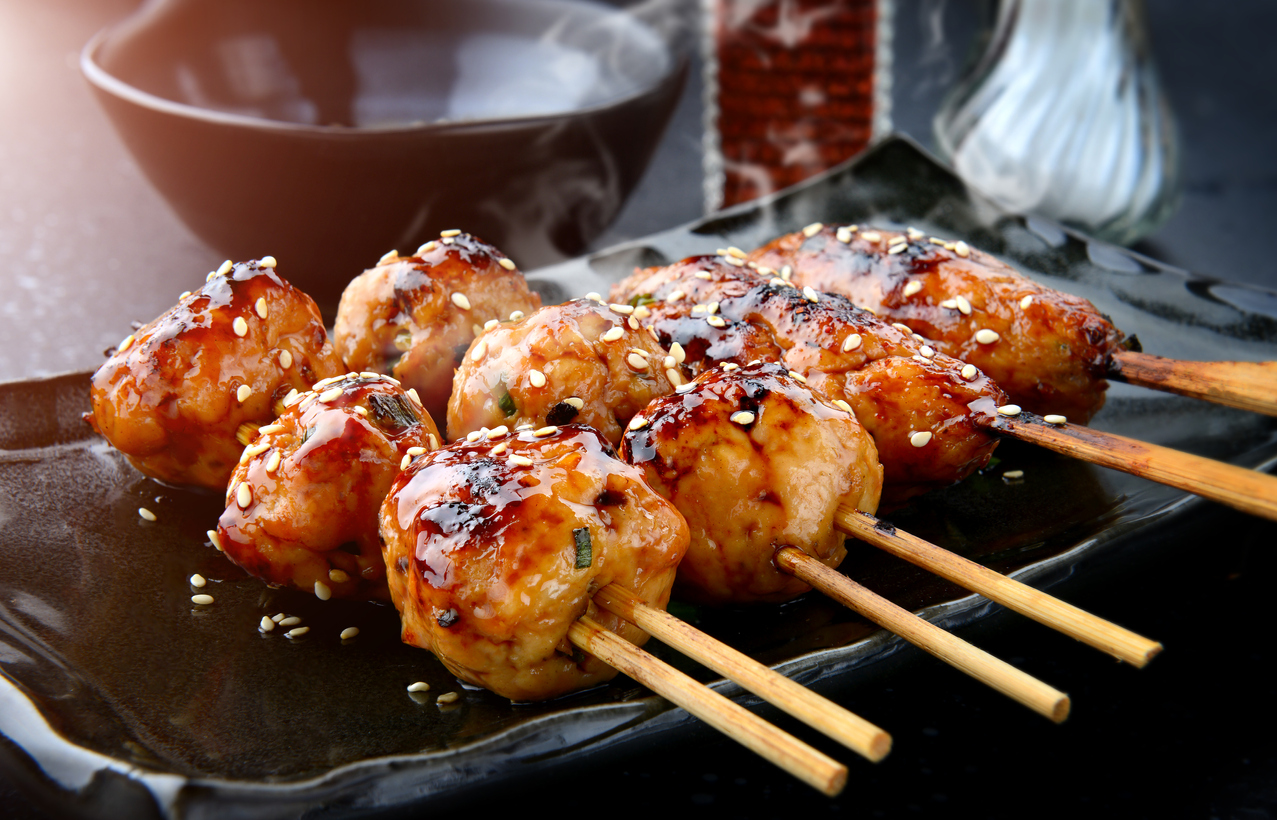
If you’re looking for something a little more local and feel like strolling and checking out the shops, checking out a shopping street is your best bet. Kawasaki Ginryugai Shopping Street is a five-minute walk from the station and is home to standing noodle shops, izakayas, ramen, yakiniku, and fast food spots. Kawasaki Ginza Shopping Street is closer to Keikyu Kawasaki Station, but is still a five-minute walk from JR Kawasaki Station, and is home to classic Japanese cuisine of all kinds.
- Kawasaki Ginryugai Shopping Street: 3-7 Ekimae Honcho, Kawasaki, Kawasaki, Kanagawa
- Kawasaki Ginza Shopping Street: 1-1-12-401 Ekimae Honcho, Kawasaki, Kawasaki, Kanagawa
If you want to get out of the city and enjoy a wide variety of experiences and plenty of Japanese culture both past and present—with fewer crowds!—then Kawasaki is the place for you.
Getting There
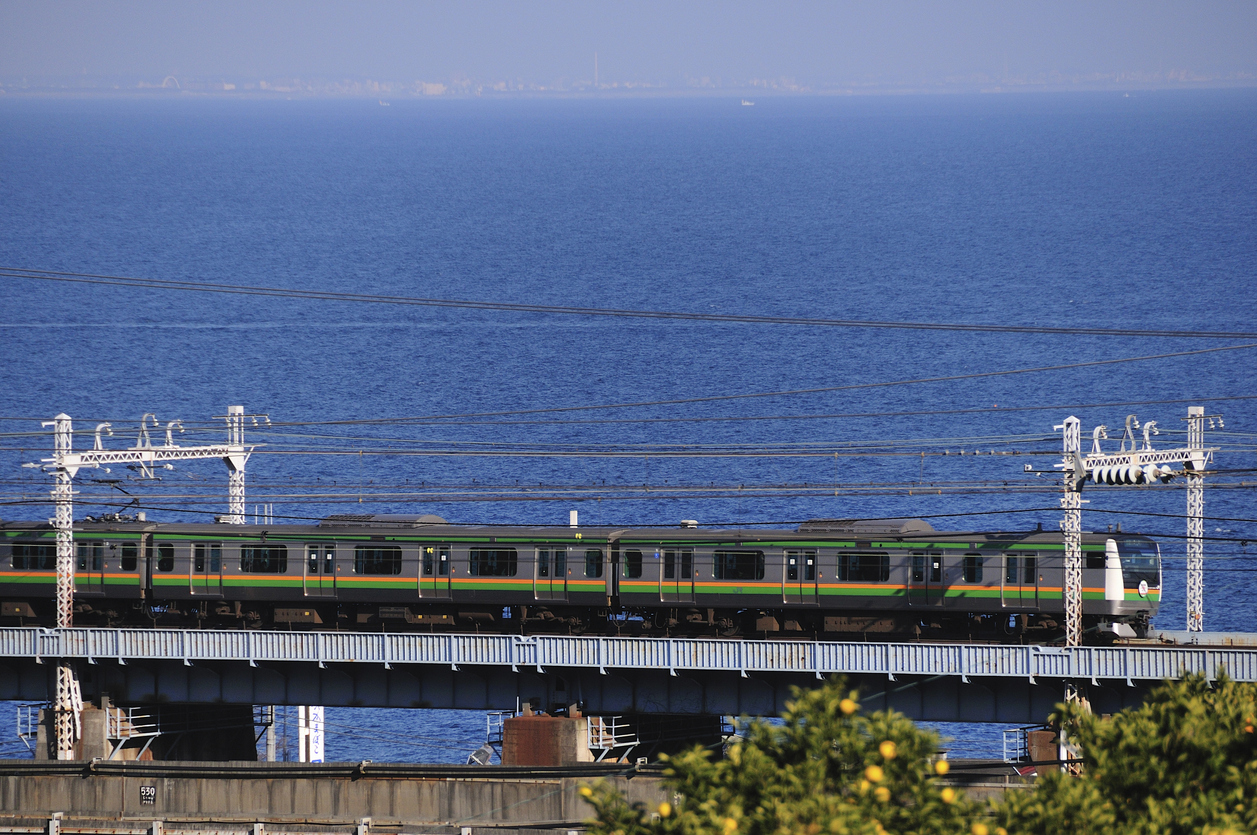
Kawasaki Station is twenty minutes from Tokyo Station on the Tokaido Line, and less than thirty minutes from Shibuya Station (take the Yamanote to Shinagawa and then the Tokaido Line).

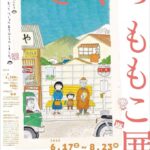
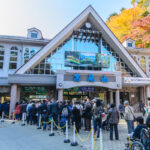
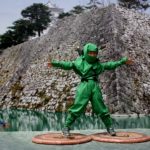
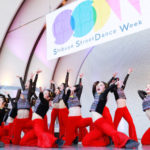
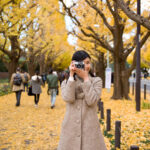






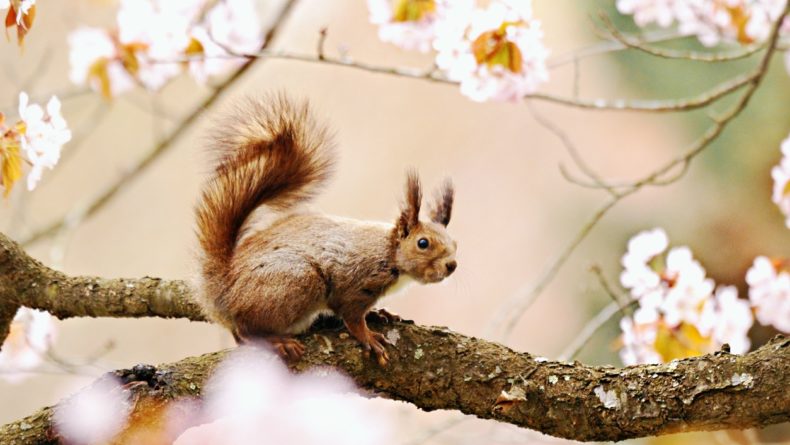
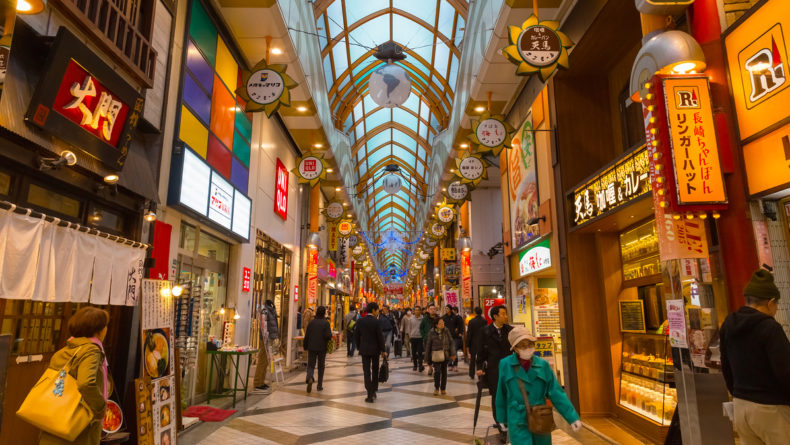
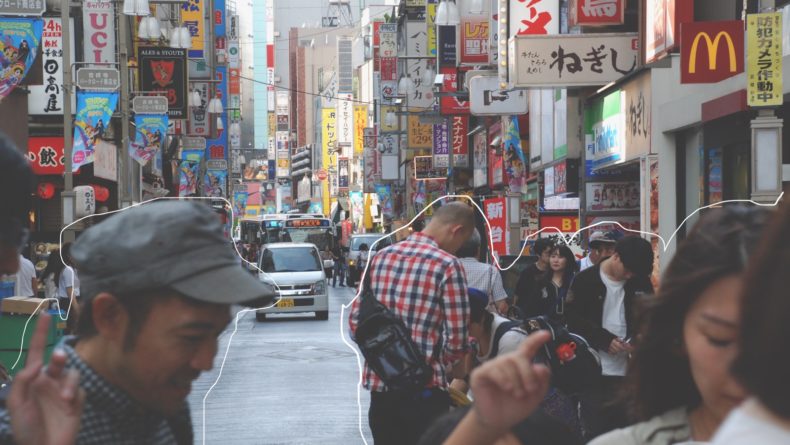
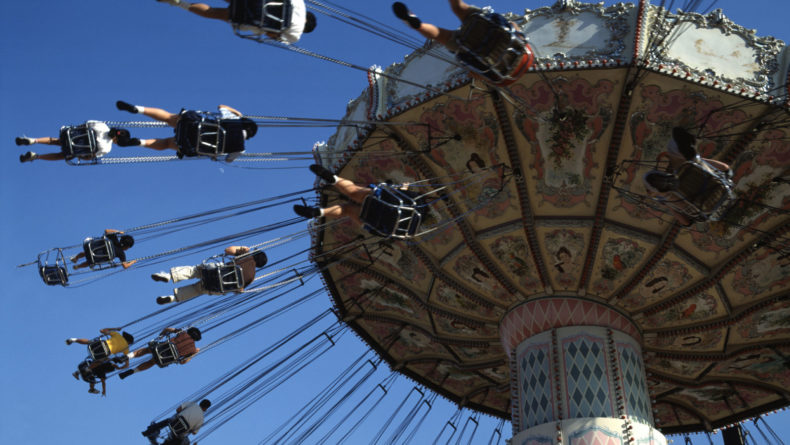
Leave a Reply